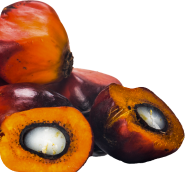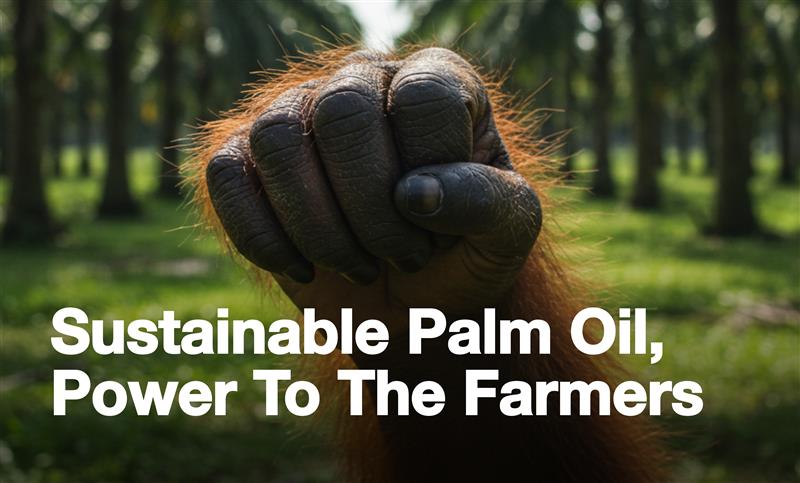
For generations, animal fats like butter, lard, and beef tallow have been staples in kitchens around the world. In some cultures, they’ve even been seen as the “healthier” choice compared to plant oils, valued for their richness and traditional flavour. But new research is challenging these long-held beliefs – and it might just change the way we think about the fats on our plates.
A decade-long study, led by Professor Lydia Lynch at Princeton University and published in Nature Metabolism (2025), offers fresh insight into how different fats affect our health – specifically the immune system’s ability to fight cancer. And the findings are eye-opening.
Animal Fat vs Plant Fat: The Study
The study explored whether it’s the kind of fat, not just the quantity, that impacts how our bodies respond to tumours in the context of obesity. Researchers fed obese mice diets that were identical in calories, protein, and carbs – the only difference was the main source of fat:
- Animal fats: butter, lard, beef tallow
- Plant fats: coconut oil, olive oil, palm oil
The results were striking:
- Animal fats made certain cancers grow faster by suppressing the immune system.
- Plant fats, including palm oil and olive oil, did not trigger the same harmful effect – even when weight gain was the same.
Why the Type of Fat Matters
It’s not just about how much fat you eat, but which fat you choose.
- Animal fats caused immune cells like natural killer (NK) cells and CD8 T cells – to lose their ability to fight tumours. They became “metabolically paralysed” and built up harmful fat by-products that damaged their function.
- Palm oil and other plant fats avoided this problem. In palm-oil-fed diets, NK cells stayed active, kept producing interferon-gamma (a key cancer-fighting protein), and maintained healthy mitochondria.
Palm oil’s balanced mix of saturated, monounsaturated, and polyunsaturated fats – plus naturally occurring vitamin E tocotrienols – may help protect immune cell function.
Common Types of Plant Fats
When choosing the best vegetable oil or healthy cooking oil, here’s how some of the most popular options compare:
- Olive oil – High in heart-healthy monounsaturated fats and antioxidants; ideal for salads and low-heat cooking.
- Sunflower oil – Light flavour and high vitamin E, but also high omega-6 content.
- Coconut oil – Distinct taste; high in medium-chain saturated fats; best in moderation.
- Palm oil – Balanced fat profile, stable for high-heat cooking, rich in vitamin E tocotrienols, and highly land-efficient to produce under sustainable certifications like RSPO and MSPO.
Palm Oil Health Benefits in Context
While often misunderstood, palm oil offers several potential advantages:
- Immune-friendly: As this study suggests, palm oil does not suppress immune function in the same way certain animal fats do.
- Cooking versatility: Heat-stable and neutral in flavour, suitable for frying, baking, and packaged foods without hydrogenation.
- Sustainable potential: The most land-efficient oil crop, producing more oil per hectare than any other – meaning less pressure on farmland if grown responsibly.
Beyond the Kitchen: Why This Matters Globally
Choosing a healthy vegetable oil isn’t just about cholesterol or calories. The type of fat you consume can influence how your immune system responds, especially in the context of obesity and disease risk.
This new research suggests that swapping certain animal fats for plant fats like palm oil or olive oil may be a smarter choice for long-term health – and for a sustainable global food system.
A Misunderstood Oil
Palm oil often makes headlines for the wrong reasons, but studies like this remind us that the conversation is more complex. As a plant fat, it doesn’t carry the same immune-suppressing effects as certain animal fats. Palm oil is versatile, affordable, and when sourced responsibly – a sustainable choice for a growing world.
The bottom line? Science is showing us that not all fats are created equal. Understanding those differences could help us make better choices – for both our health and our planet.



